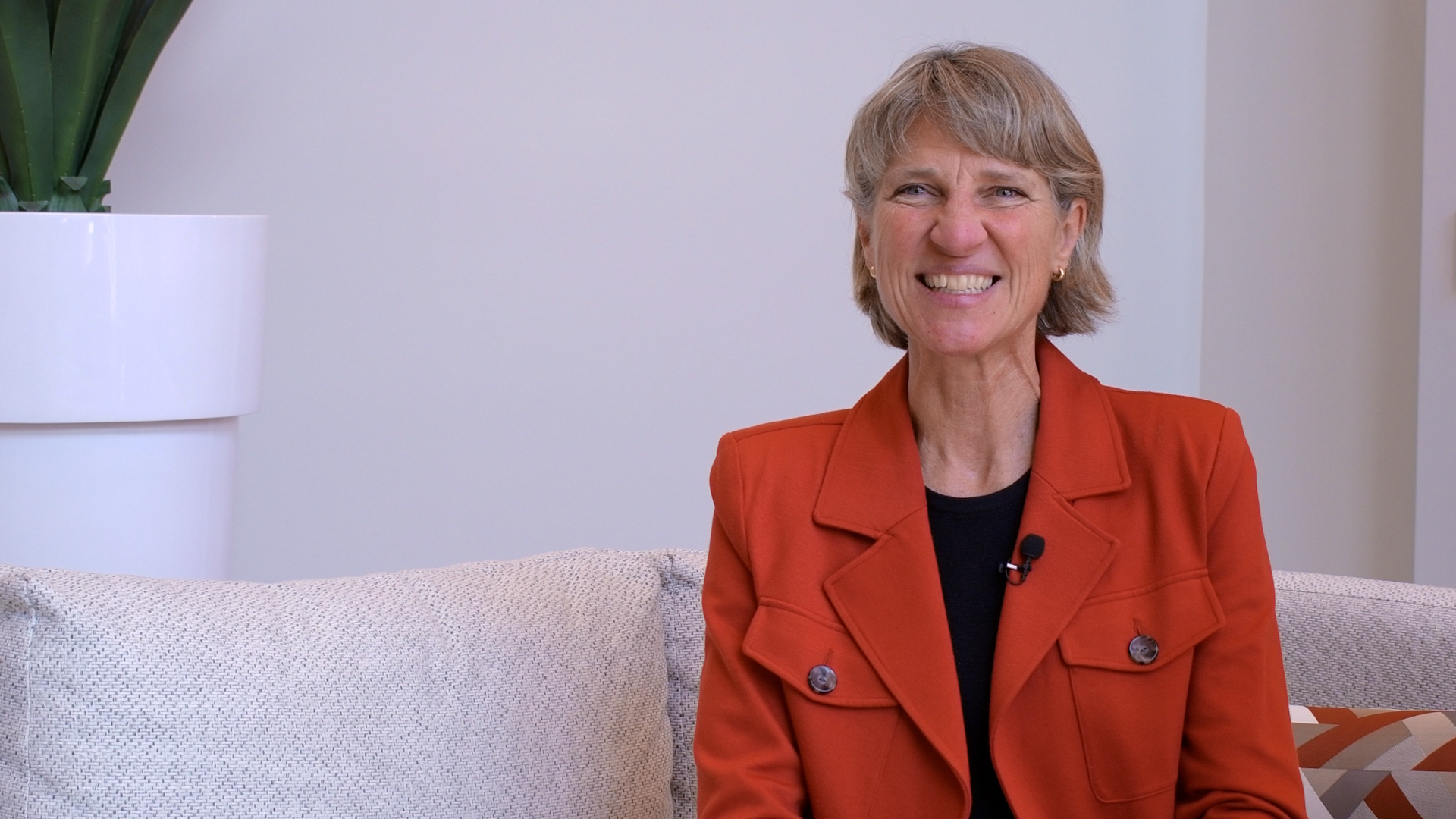NC DPI Grant Allows Professor Ed Sabornie to Continue Examination of Positive Behavior Intervention and Support in Public Schools

More than 700 public schools in North Carolina use Positive Behavior Intervention and Support (PBIS) to reinforce appropriate student conduct, and NC State College of Education Professor of Special Education Ed Sabornie, Ph.D., will use a new grant to continue an examination of the long-term effects of the practice.
Sabornie and co-principal investigator Cathy Crossland, Ph.D., a professor of special education at the College of Education, were awarded a one-year, $195,000 grant from the North Carolina Department of Public Instruction for “A Longitudinal Examination of Positive Behavior Intervention and Support in North Carolina Public Schools.”
The latest award builds on three-years’ worth of grants focusing on PBIS, with current funding totaling $518,000. Sabornie’s work has concentrated on comparing reported student crime and violence rates across traditional public schools, public charter schools and schools utilizing three types of PBIS implementation. It also examined teacher working conditions in PBIS schools versus traditional public and charter schools. The investigation involves more than 2,500 schools and 1.4 million students each year.
“Where PBIS implementation is present, there is an emphasis on catching kids being good and providing reinforcement to students in all school environments,” Sabornie said. “What remains is discovering the long-term characteristics and effects of using PBIS with all ages and within all types of schools educating all types of students.”
Sabornie said the idea of PBIS began in the 1980s as a positive way to prevent inappropriate student conduct in school instead of applying negative behavioral consequences, particularly for students with emotional and behavioral disorders in special education classrooms. The concept eventually spread to apply to all students schoolwide, and was first used in a few North Carolina schools during the 2000-01 school year.
Successful schoolwide implementation of positive behavior intervention and support relies on seven structures that include a schoolwide leadership team, behavioral support coach, positive statements regarding expectations for student behavior, planning for teaching school-wide behavioral expectations, development of a reward system, response to rule-breaking by students and a data collection system for examining discipline procedures and rule violations.
“In schools where PBIS is implemented according to recommended standards, students are respected at all times. Classroom instruction and interactions are orderly, teachers view students’ behavior as separate from their personhood and everyone in the school follows the same rules and regulations,” Sabornie said.
Through Sabornie’s latest grant, he will continue a comprehensive, longitudinal evaluation of the implementation of PBIS in schools state-wide over the past two decades. It’s a project that he expects will extend through 2021 with the N.C. Department of Public Instruction.
By learning more about the distinctive features, benefits and consequences of PBIS implementation, Sabornie hopes the data gathered through the long-term project will help inform future policy and practice regarding positive behavior intervention and support in schools throughout the state.
“Our work will contribute to the future of PBIS in North Carolina’s public schools by showing what has been successful or problematic over time and ways in which improvements can occur,” he said.
- Categories:


